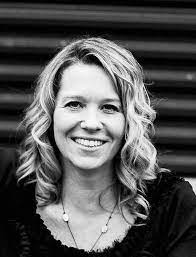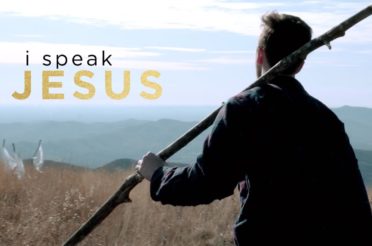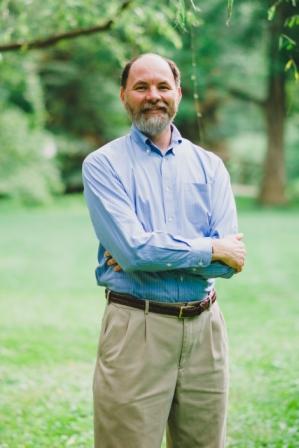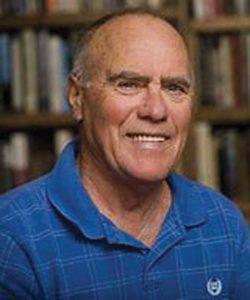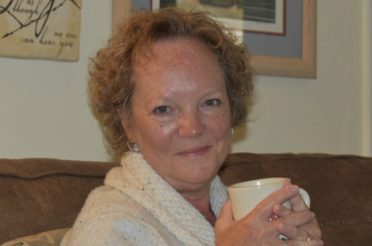By Roger Barbee
When younger, I never paused long enough to re-read a book because, charged by my youthful ignorance, I felt the need to rush on in an attempt to learn as much as possible. After all, as a child from the Mill Hills of North Carolina, I was a late starter and felt a strong need to catch up; but recently I decided, for some unknown reason, to re-visit some of my earlier, favorite reads. The first one that I removed from my library shelf holding special books was, All the Strange Hours, The Excavation of a Life, the autobiography of Loren Eiseley. I was not disappointed in my re-reading and found much that I had forgotten and late in the book I read Eiseley’s words that caused me to feel better about my decision. He writes in Chapter 23, The Coming of the Giant Wasps, “I was getting old enough to want to rethink what I had learned when I was younger,” and “I have come to believe that in the world there is nothing to explain the world.” Perhaps those words resonate because they are late in the book, as I write, but nevertheless, I felt a bit of validation, and no less from such an intellect.
Having finished Eiseley’s great book, I must choose my next re-discovery. The paperback copy of Parallel Lives, Phyllis Rose’s grand examination of five Victorian marriages draws my attention, and I note that this copy is one purchased to replace the fine hardback that has gone the way of several books-given away or loaned to a forgetful friend. It carries no marks of mine, so it sits, waiting to be read as a new copy and studied.
However, because a sister and dear friend are engulfed in their own choice—how to live as they fight their personal cancers- I wonder if I should explore once more a well-worn hard back, Intoxicated by my Illness, which was published two years after the death of its author, Anatole Broyard. I thumb through the copy, seeing my margin tics and underlining and wonder if examining Broyard’s words will enable me better help my sister and friend? I think it may when I read this un-marked sentence of Broyard: “The important thing is the patient, not the treatment.” I may not re-read the book just now, but I’ll remember his wisdom as I try to form feeble words for her and him as poison cocktails are pumped into their bodies.
While Broyard writes of life and its shared end, Patrick Lane in What the Stones Remember, writes in this memoir how he, at the age of sixty, spent his first sober year in his British Columbia garden. It would be easy to write that Lane’s garden is simply metaphor, but he writes, “My garden is a living place, not just a showroom for flowers and plants.” His memoir offers a poet’s prose examining life and how it should be lived. A good re-read for sure.
Yet across the room are two shelves from which several books, fiction and non-fiction, call. One that I used to teach to high school juniors and seniors is A Gathering of Old Men, by Ernest Gaines. The novel recounts the story of a sheriff who, upon arriving at the murder of a white farmer at his father’s Louisiana sugar plantation, encounters a young white girl, over a dozen old, Black men holding ancient shotguns, and a murder to solve. Over the course of the novel the reader hears the story of each of those old men that explains why he is the one who shot the young overseer. In an era when White Privilege is denied, it seems like a good time to re-visit Gaines’ searing story.
Not wanting to seem like a literary prize that publishes a long or short list, I will cease my ramble around my modest shelves. However, this musing has helped my decision. Eiseley gives good advice, and I will heed his words. I will, for the first time in my reading life, read two books simultaneously—one an old favorite and a few ones that are unexplored. Well, simultaneously is not quite correct: I will spend most of my time with the favorites and sprinkle in the new ones. After all, Eiseley warns that no explanation is to be found here, but I will enjoy the journey into what Rufus Jones describes as “the awe and the wonder of the beyond.”
